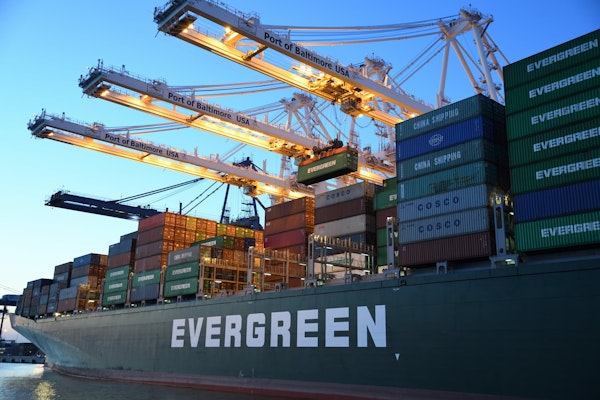
Cyber Threats Hit Home as MSC Antonia Grounding Exposes Maritime Vulnerabilities in MENA
The grounding of the MSC Antonia near Jeddah raises alarm over GPS jamming and cyber-physical threats in the MENA region, urging insurers and operators to reassess risk strategies.
June 2
Insurance Industry
Marine
Risk Management
Technology
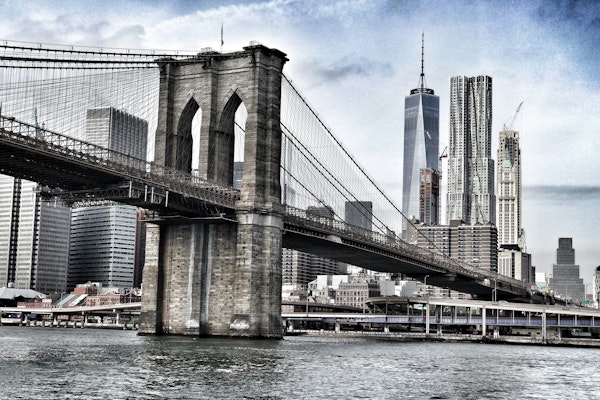
Mexican Navy Training Ship Crashes into Brooklyn Bridge Killing Two and Injuring Several
A Mexican Navy training vessel collided with the Brooklyn Bridge during a goodwill tour, leaving two dead, multiple injured, and prompting an ongoing investigation.
May 20
Catastrophe
Marine
Risk Management
Workers' Compensation
New York
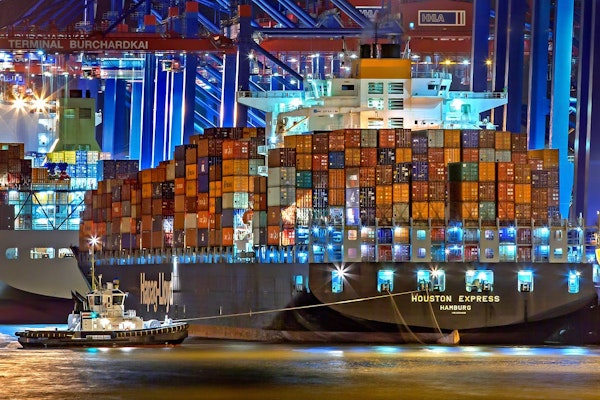
How Global Shipping Fuels Climate Change and What We Can Do About It
As maritime shipping drives global trade, it also drives emissions and climate disruption. Solutions like slow steaming and wind propulsion may help chart a cleaner course.
May 6
Catastrophe
Marine
Risk Management
Technology
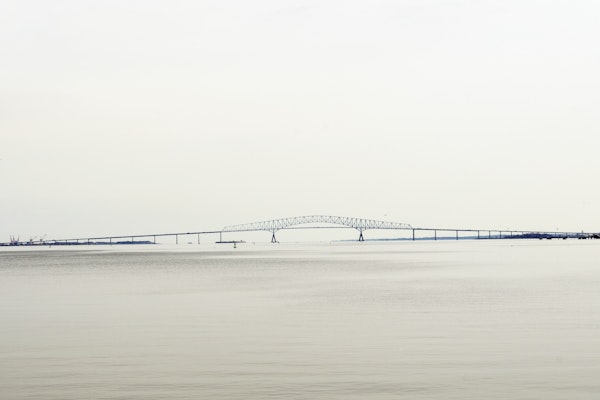
Baltimore Bridge Collapse Shows Why Marine Liability Claims Demand Flexibility and Foresight
One year after the Baltimore Bridge collapse, Howden highlights the marine insurance sector’s need for adaptability amid complex claims and a competitive market environment.
April 7
Catastrophe
Insurance Industry
Liability
Marine
Maryland

Justice Department Accuses Cargo Ship Owner of Negligence in Baltimore Bridge Collapse Lawsuit
The Justice Department is seeking to recover over $100 million, alleging that the owner and manager of the cargo ship responsible for the Baltimore bridge collapse ignored critical electrical issues and cut safety corners, leading to the fatal disaster.
September 18, 2024
Catastrophe
Liability
Litigation
Marine
Maryland

Rising Vessel Complexity and Size Escalate Risks in Global Marine Insurance Market
As vessels grow in size and complexity, the global marine insurance market faces heightened risks, leading to increased volatility and the need for long-term strategies to manage major losses.
August 26, 2024
Insurance Industry
Marine
Risk Management
Underwriting

New Collaboration to Address Supply Chain Risks in Re/Insurance Industry
Gallagher Re and Oxford University partner to analyze supply chain chokepoints impacting the re/insurance sector.
May 20, 2024
Marine
Property
Risk Management
Technology
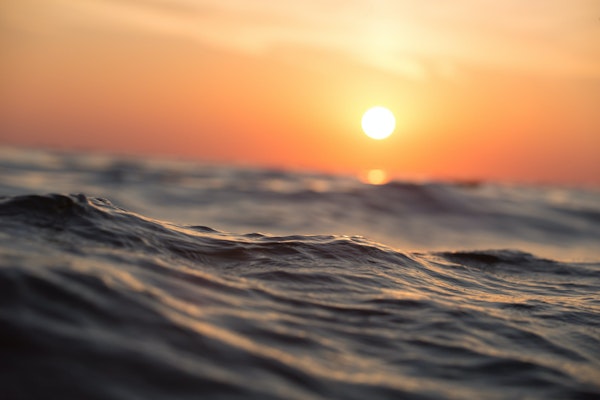
Rising Atlantic Ocean Temperatures May Boost Hurricane Activity in 2024
With Atlantic Ocean temperatures nearing critical thresholds, the 2024 hurricane season could see increased cyclone strength and frequency.
May 15, 2024
Catastrophe
Marine
Risk Management
Technology

Chubb to Pay $350 Million in Claims for Baltimore Bridge Collapse
Chubb, the insurer for Baltimore’s Francis Scott Key Bridge, is set to pay out $350 million following the bridge’s catastrophic collapse, which resulted in significant economic and human losses.
May 2, 2024
Catastrophe
Insurance Industry
Litigation
Marine
Maryland
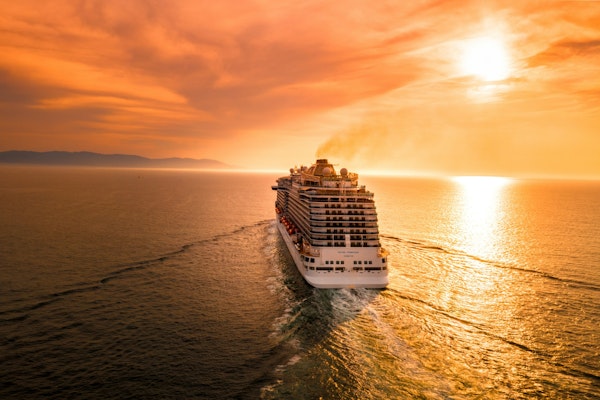
Cruise Industry’s Post-Pandemic Rebound and Sustainability Challenges
As the cruise industry recovers from the pandemic’s impacts, it faces new sustainability goals and operational challenges in a changing global landscape.
May 2, 2024
Insurance Industry
Marine
Risk Management

Connecticut Contractor Faces Heavy Fines After Pier Collapse in Massachusetts Injures Workers
OSHA fines Mohawk Northeast Inc. over $200,000 for failing to ensure the safety of a pier that collapsed in New Bedford, injuring two workers.
April 15, 2024
Liability
Marine
Risk Management
Connecticut
Massachusetts
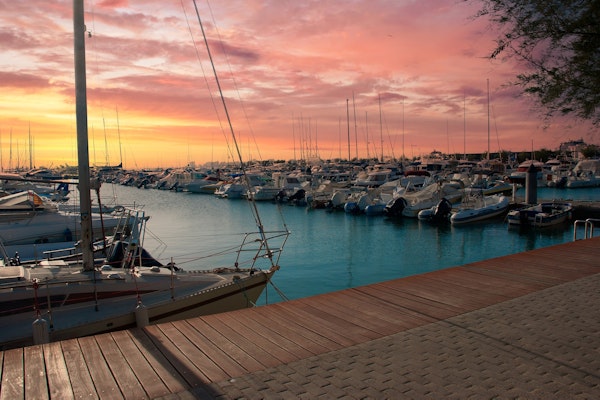
Navigating the Stormy Seas of Marine Insurance Claims with Expertise and Empathy
Marine loss adjuster Paul Field reveals the challenges and nuances of handling insurance claims for pleasurecraft, emphasizing the human aspect and technical expertise required.
March 29, 2024
Insurance Industry
Marine
Risk Management
Technology
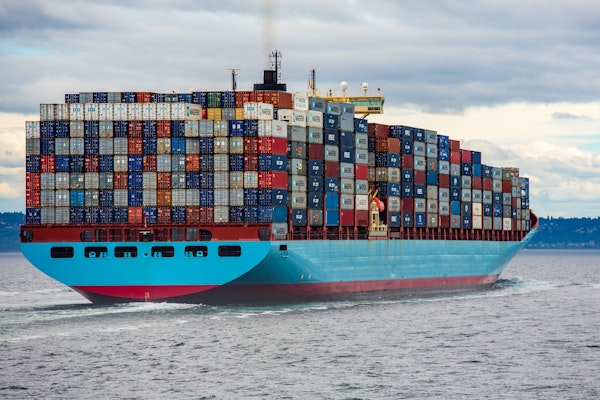
Baltimore Bridge Collapse May Set Record for Marine Insurance Losses, Lloyd’s of London Chairs Warn
Lloyd’s of London anticipates the Francis Scott Key bridge collapse to potentially become the most significant marine insurance loss in history.
March 28, 2024
Catastrophe
Insurance Industry
Marine
Risk Management
Maryland
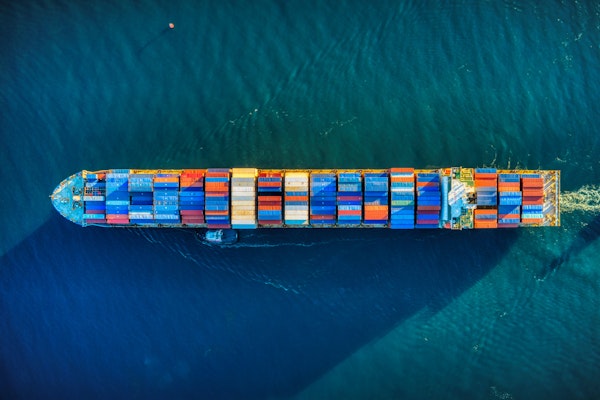
Ship Owner Utilizes 19th-Century Law to Mitigate Liability After Baltimore Bridge Collision
After a catastrophic accident involving a ship and a Baltimore bridge, the vessel’s owner looks to an old maritime law to potentially cap damages, reshaping the financial aftermath.
March 27, 2024
Insurance Industry
Legislation & Regulation
Marine
Maryland

Major East Coast Bridge Collapses After Collision with Cargo Ship, Triggers Extensive Search and Rescue Operation
The collapse of the Francis Scott Key Bridge, after being struck by a cargo ship, has led to a significant emergency operation and concerns over East Coast shipping logistics.
March 26, 2024
Catastrophe
Marine
Risk Management
Technology
Maryland





